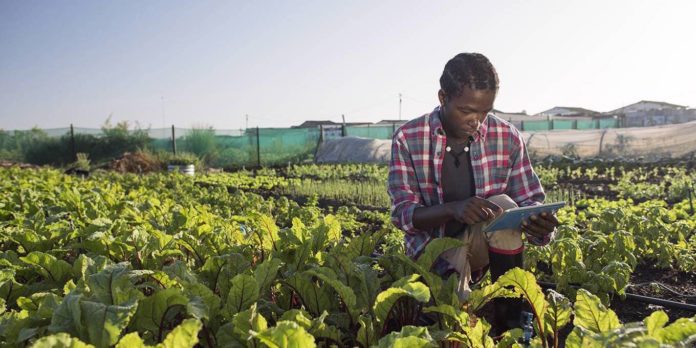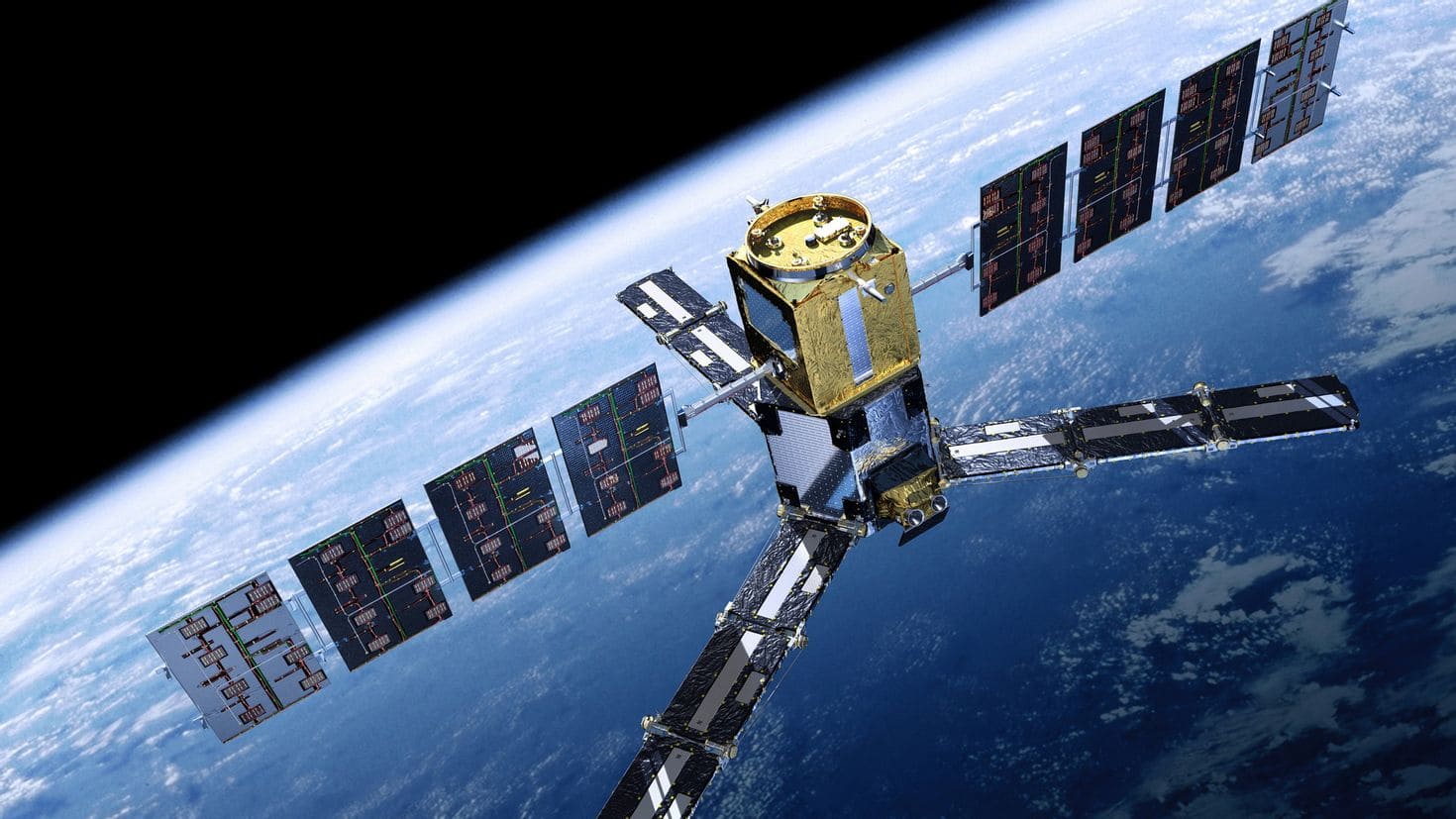Agriculture forms the backbone of the economy in many African countries, with a significant portion of the population relying on farming for their livelihoods. However, African farms face numerous challenges, including climate variability, pest infestations, and resource limitations. Recent advancements in satellite technology have opened up new avenues for improving agricultural productivity and sustainability. By leveraging space-based sensors and remote sensing satellites in agriculture, farmers in Africa can gain access to critical data and insights that can significantly enhance their farming practices.
The role of satellites in modern agriculture
Precision farming and satellite technology
Precision farming involves the use of advanced technologies to monitor and manage farm operations with high accuracy. Satellites play a crucial role in this by providing geospatial data that helps in understanding the variability within agricultural fields. This data enables farmers to apply inputs such as water, fertilizers, and pesticides more efficiently, leading to better crop production and reduced environmental impact.
Monitoring crop health
One of the primary applications of satellites imagery in agriculture is the monitoring of crop health. By capturing aerial images, satellites can detect variations in crop vigor, identify areas affected by pests or diseases, and monitor the effects of weather conditions. This real-time data allows farmers to take prompt actions to mitigate issues and improve harvest output.
Enhancing soil health and water management
Soil quality assessment
Healthy soil is fundamental to productive farming. Satellites in agriculture equipped with remote sensing capabilities can assess soil quality by measuring parameters such as soil moisture, organic matter content, and nutrient levels. This information helps in formulating targeted strategies for soil fertility improvement, ensuring that crops receive the necessary nutrients for optimal growth.
Efficient irrigation management
Water management is another critical aspect where satellites in agriculture offer valuable insights. By analyzing weather information and soil moisture levels, satellites can help in designing efficient irrigation management plans. This ensures that crops receive adequate water while conserving this precious resource, leading to better yields and sustainable farming practices.
Climate data and yield forecasting
Weather forecasting and climate monitoring
Accurate weather forecasting is essential for planning agricultural activities. Satellites provide detailed meteorological data that helps farmers anticipate weather changes and make informed decisions. This includes predicting rainfall patterns, temperature fluctuations, and extreme weather events, all of which are vital for effective farm management.
Yield prediction and forecasting
Yield forecasting involves predicting the potential agricultural productivity of a farm based on various factors such as weather conditions, soil health, and crop type. Satellites in agriculture contribute to this by offering comprehensive data that can be analyzed to estimate future yields. This information is crucial for farmers to plan their harvests, manage resources efficiently, and ensure market access for their produce.
Pest control and sustainable practices
Effective pest management
Pest infestations are a significant threat to crops in Africa. Satellite technology aids in pest management by identifying infested areas and tracking pest movements. This enables farmers to apply crop protection measures more precisely, reducing the need for widespread pesticide use and promoting sustainable farming practices.
Adopting sustainable farming methods
Sustainability is key to the future of agriculture. Satellites in agriculture support the adoption of eco-friendly methods by providing data that encourages resource optimization. Farmers can implement green practices such as precision cultivation and effective resource allocation, which contribute to environmental conservation and long-term productivity.
Improving market access and livelihoods
Connecting farmers to markets
Access to markets is vital for the economic success of farmers. Satellites in agriculture enhance market connectivity by offering data on crop conditions and yield forecasts, which can be shared with market players. This transparency helps farmers secure better prices for their produce and ensures a stable supply chain.
Boosting economic upliftment
By improving agricultural yield and efficiency, satellite technology contributes to the economic upliftment of farming communities. Increased productivity leads to higher incomes, better living standards, and overall development of rural areas. This transformation not only benefits individual farmers but also strengthens the agricultural sector as a whole.
The integration of satellite technology in African agriculture is a game-changer, offering solutions to many challenges faced by farmers. From monitoring crop health to enhancing soil quality and water management, satellites in agriculture provide valuable data that drives precision farming and sustainable practices. By leveraging these advancements, African farmers can significantly improve their crop yields, ensure better market access, and uplift their livelihoods. As technology continues to evolve, the future of agriculture in Africa looks promising, with satellites playing a pivotal role in this transformation.



